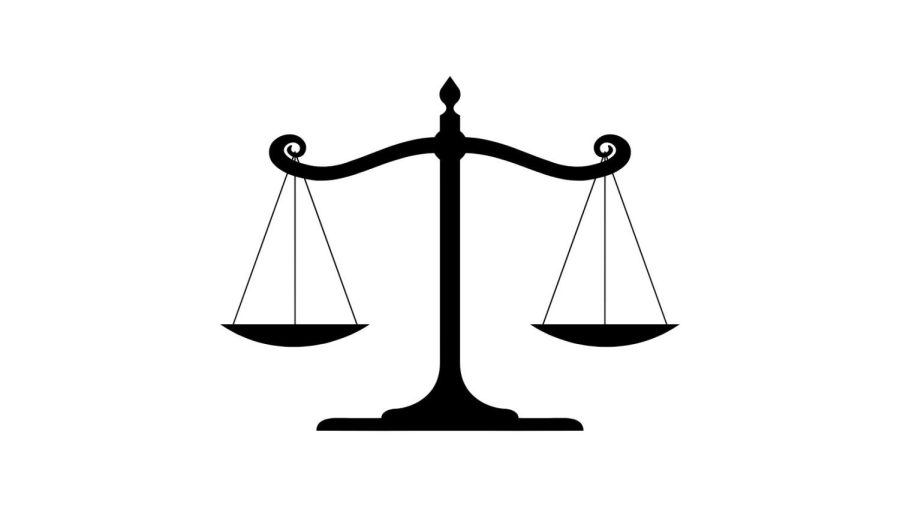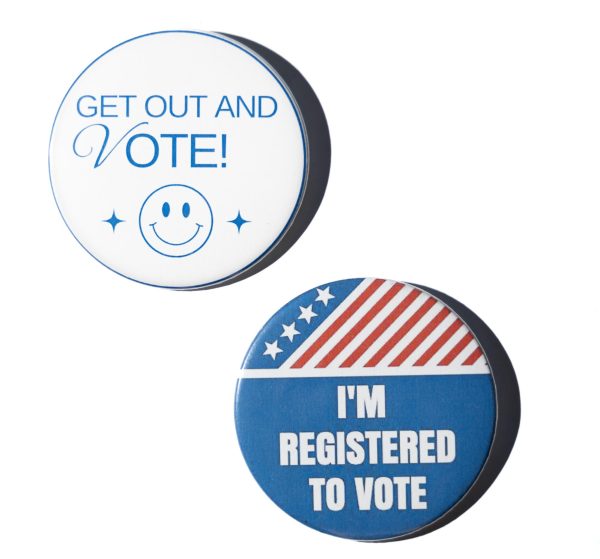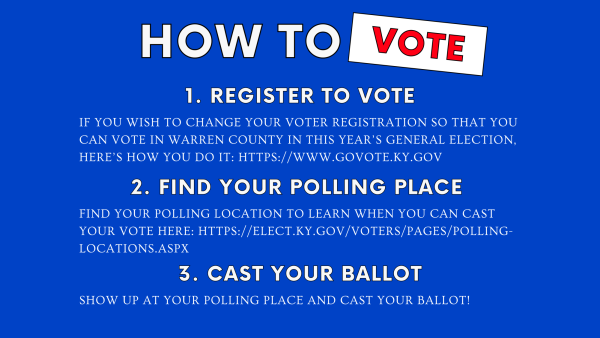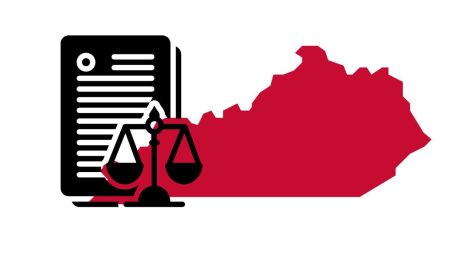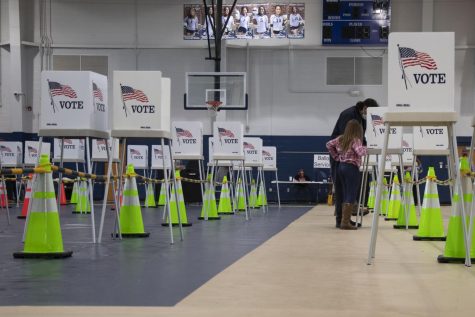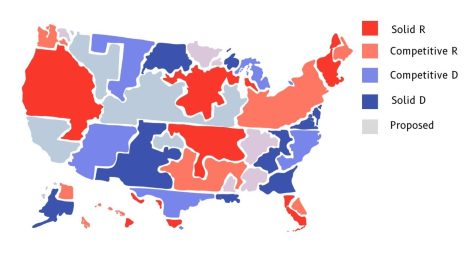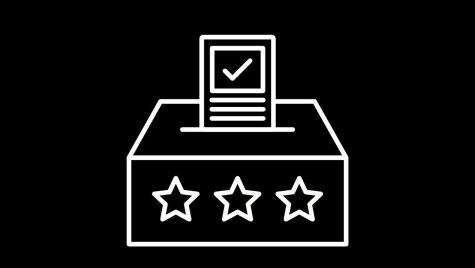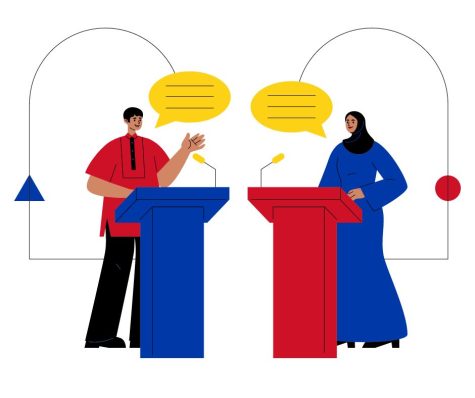Kentucky voters to decide amendment on right to abortion
November 3, 2022
This November, Kentucky voters will approve or reject an amendment to the state constitution regarding protection for abortion.
Constitutional Amendment 2 will ask if voters want to add this sentence to the constitution: “To protect human life, nothing in this constitution shall be construed to secure or protect a right to abortion or require the funding of abortion.”
The decision on this amendment is pivotal in deciding the future of abortion in Kentucky.
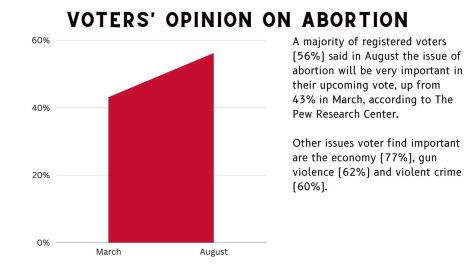
When Roe v. Wade was overturned by the Supreme Court of the United States in June, a “trigger law” took effect in Kentucky that immediately banned abortion in the state.
A lawsuit was filed by abortion providers seeking to block two abortion bans, claiming that the Kentucky Constitution protects the right to privacy and bodily autonomy.
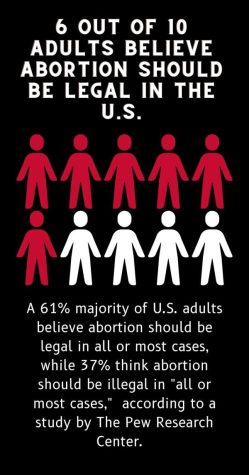
The lawsuit is pending in the Kentucky Supreme Court and is set to be heard on Nov. 15, a week after voters will decide the fate of the amendment.
If voters reject the amendment, abortion could still be decided as a state right.
If voters approve the amendment, the state constitution can not be used to protect abortion rights.
Campaigns have formed in favor and in opposition of the amendment.
Protect Kentucky Access is a collection of Kentucky organizations that are against the amendment and want abortion to stay legal.
The Protect Kentucky Access website states: “A constitutional amendment will be on the ballot November 8 that would outlaw abortion in all cases, with NO exceptions. Kentuckians should be in charge of private medical decisions, not politicians.”
In favor of the amendment is the Kentucky Yes for Life campaign, which aims to get the amendment passed to ensure the state constitution does not protect the right to abortion.
Yes for Life’s site asks supporters to pledge their “yes” vote on Amendment 2.
Kelsey Truxal, assistant professor in the department of political science, believes that the overturning of Roe v. Wade will “restrict access significantly to college students” who are seeking abortions.
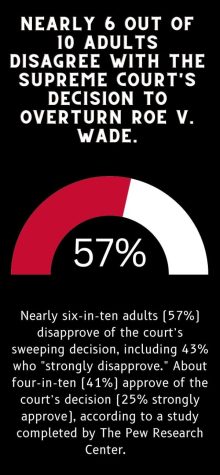
Truxal said states have limited the language around abortion to the extent that both voluntary and medically necessary abortions are not allowed.
“I think this is especially important to college kids because they’re of childbearing age, so disregarding that somebody may have an unplanned pregnancy, they may have an unplanned pregnancy that they still want to keep, but if there is something wrong with the pregnancy, they may not be able to get the medical care they need,” Truxal said.
Truxal believes the language of Constitutional Amendment 2 is confusing and believes that voters may have a hard time understanding what they are voting for.
“With the language being this double negative, I think that is going to throw some people off,” Truxal said.
However, Truxal believes that there is a chance that the amendment could be rejected.
“By ruling out all abortions, even the ones that could be medical, the legislature really overstepped, and I think that’s going to show on the ballot,” Truxal said.
If this amendment were to pass it would make “any future attempts to reinstate the right to abortion much more complicated and difficult,” Susan Eagle, assistant professor in public health, said.
While the amendment would not have an immediate impact on public health since abortion is already prohibited in the state, the ban on abortion has a significant impact on public health because abortion is healthcare, Eagle said.
“What this amendment does is prioritize the life of a fetus at the expense of the privacy and self-determination of the person who is gestating that life, essentially negating the pregnant person’s constitutional rights,” Eagle said.
The ban creates further disparities in health care because it impacts people who are unable to travel to a different states for abortions, whether it is due to income, work obligations, disability, or other socioeconomic factors, according to Eagle.
“I’d encourage all college students to vote—civic engagement is an essential determinant of health,” Eagle said. “Your votes help create the environments in which we all live, work, and play, so be sure to make your voice heard.”
News reporter Madison Carter can be reached at [email protected].

